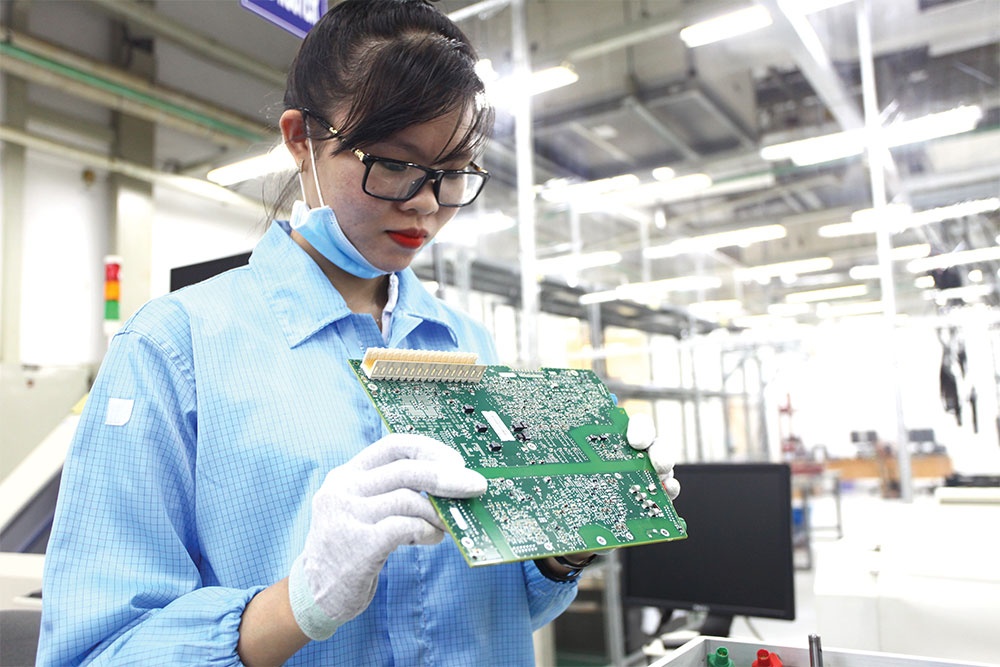According to economists from Fullbright University, the demand for semiconductor-microchip engineers in Vietnam is projected to be around 20,000 engineers in the next five years and 50,000 engineers in the next ten years. Currently, there are approximately 5,000 microchip designing engineers in Vietnam. The experts from technology universities anticipate a need to train around 3,000 engineers per year in this field, with at least 30% of them being postgraduate graduates. Vietnam is home to over 50 foreign-invested businesses in the microelectronics and semiconductor industry, and there is a growing demand for high-quality human resources, particularly in microchip design. It is expected that more corporations will invest in Vietnam for the design and production of microchips in the future.

Vietnam has been implementing policies to encourage higher education institutions to expand and develop STEM training programs, specifically in areas related to information technology, communications, and industries that serve the demand for the 4th industrial revolution, AI, and Big Data. In recent years, the number of new students in STEM fields has grown at an average annual rate of 10%, surpassing the overall growth rate of 6.5%. Computer science and information technology, as well as engineering technology, have seen the strongest annual growth rates with 17.1% and 10.6%, respectively.
Leading technology universities in Vietnam have the necessary training capacity to meet the demand for human resources in the semiconductor and microchip industry. However, there are still challenges in attracting students and improving the quality of training to meet the stringent requirements of businesses. Therefore, relevant support policies from the government are necessary.
To address these challenges, the Ministry of Education and Training is working on two important projects: one focused on training and developing high-quality human resources for high technology, including electronics, semiconductors, and microchips; and another aimed at establishing research and training centers focusing on core technologies of Industry 4.0. The ministry is currently developing an action plan to promote training and research in semiconductor and microchip technology, which will be submitted to the Prime Minister later this month.







